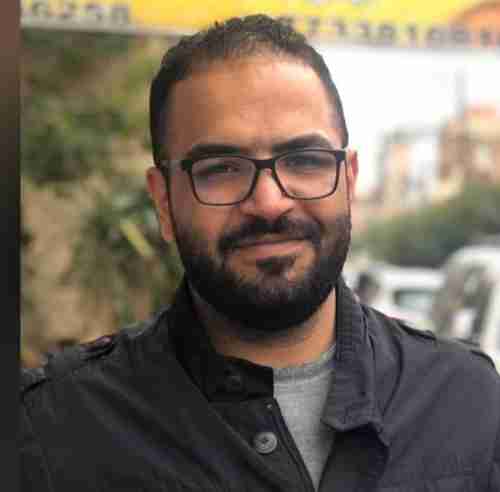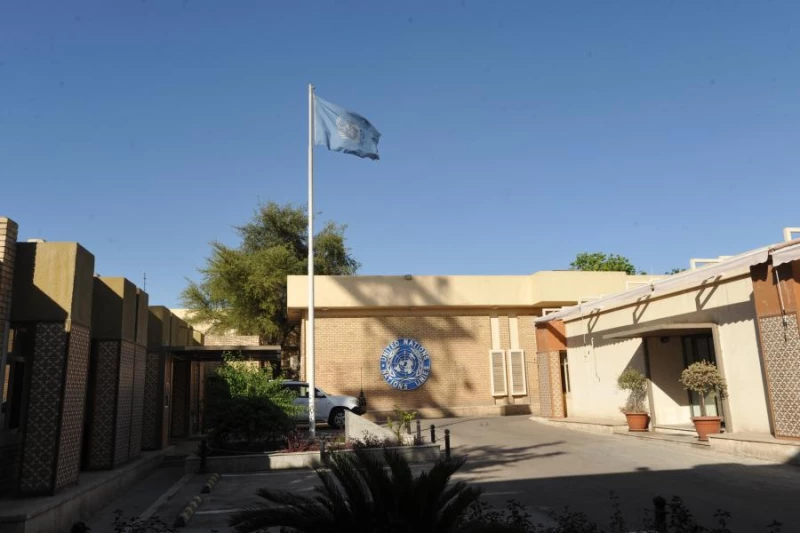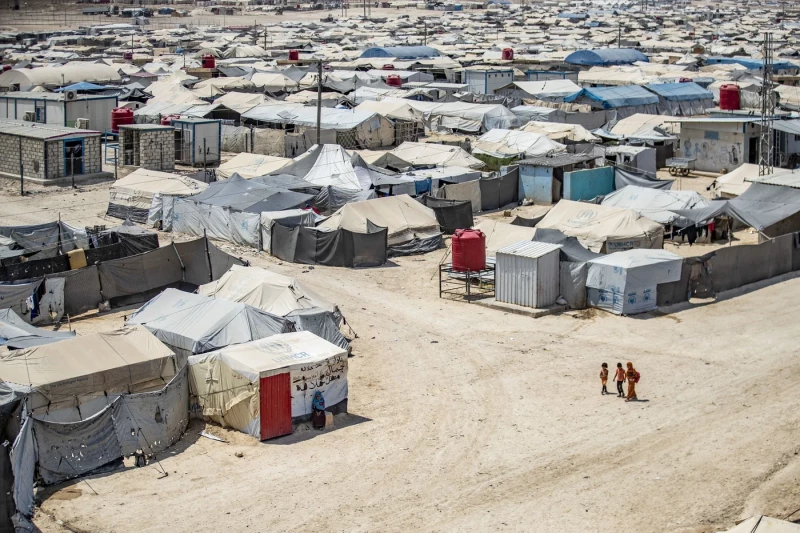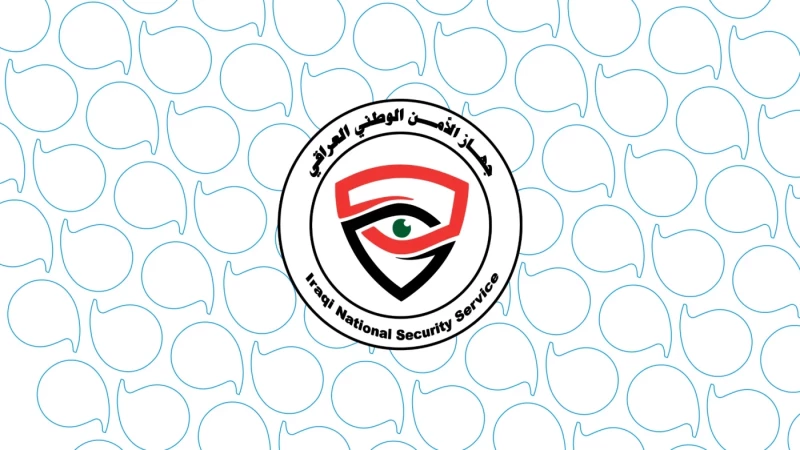Iraqi authorities have intensified their efforts in the "Combating Inappropriate Content" campaign, which began in early 2023, targeting social media influencers.
In January 2023, the Ministry of Interior launched an online reporting platform on its official website for content deemed to "offend public taste and convey negative messages that violate decency."
Without a clear definition of "public taste," the judiciary issued arrest warrants that were enforced by the Ministry's security forces. The crackdown led to the detention of several social media influencers accused of producing "inappropriate content offensive to public taste."
At that time, a wide array of organizations, institutions, thought leaders, journalists, and citizens voiced strong opposition to the campaign. In a collective statement, they criticized the campaign for "serious violations" during arrests and detentions, highlighting that these actions were based solely on directives from the Ministry of Interior, without any preceding judicial orders or specific legal charges.
Despite this backlash, the Iraqi Ministry of Interior recently issued identification cards to individuals it labeled as "positive content creators" on social media, acknowledging their "role in combating inappropriate content."
The move was publicized at a conference titled "Towards Constructive and Purposeful Content," where Khalid Al-Muhanna, the Ministry's Director of Relations and Media, revealed that honorary "Friends of the Interior" IDs had been awarded to these positive content creators.
Al-Muhanna highlighted the significance of positive creators in combating negative rhetoric, stating that their efforts mitigate the spread of harmful ideas that introduce foreign concepts into Iraqi society, contributing to sectarian, societal, and moral issues.
Previously, Al-Muhanna had focused on addressing "harmful" content while promoting "positive" content, which culminated in a conference attended by over 250 publishers and content creators, deemed "positive" by the Ministry of Interior.
However, numerous journalists have criticized this classification of opinion leaders and content creators into "positive" and "negative" categories, viewing it as a governmental strategy to stifle dissent.
Poet and journalist Inas Philip questioned the criteria for these classifications, emphasizing the ambiguity surrounding the definition of positive versus negative content.
Philip criticized the campaign, arguing that its true purpose is to control Iraq's public discourse and opinion platforms. She claimed that the authorities aim to co-opt social media celebrities and influencers by granting them perks like "Friends of the Interior" IDs.
Philip questioned the Ministry of Interior's role in judging content as inappropriate or positive, warning that this strategy transforms issues of freedom and opinion into security matters rather than human rights concerns.
The rise of Mohammed Shia' Al-Sudani's government, following the August 2022 clashes and the withdrawal of Sadrist movement leader Muqtada Al-Sadr from the political process, has led to increased concerns about the tightening of freedoms. Many believe the current administration is using these measures to stifle dissent and control public opinion.
Activist and blogger Salam Al-Husseini questions the priorities of the security ministries, asking, "Have their duties shifted so much that they are now preoccupied with regulating content?"
Al-Husseini argues that the Ministry of Interior's focus on content regulation puts it at odds with society and undermines its primary security responsibilities. He warns that this strategy will further polarize society into "positive" and "negative" factions. "The key question," he adds, "is what standards and criteria the ministry uses to determine positive and negative content, and who sets these standards?"
Al-Husseini suggests that the real aim of this campaign is to monopolize the public sphere and manipulate it to serve the government's agenda, rather than the Ministry of Interior's stated goals. He believes this approach will significantly threaten freedoms, especially for journalists and opinion writers, which he sees as the true intent behind the focus on inappropriate and positive content.
Some observers argue that the Iraqi government is fostering polarization by distinguishing between a "positive" group and another labeled as "bad" and creators of "inappropriate content."
Writer Al-Fadel Ahmed notes that "the government will favor the first group, which typically helps promote its purported achievements, while it will use Article 403 of the Penal Code to legally target the second group."
Ahmed emphasizes the importance of protecting citizens' rights to express themselves on social media, even if their content is considered trivial by the Ministry of Interior. He warns that "any restrictions, even those justified on moral grounds, will lead to broader limitations targeting dissenters and critics under the same pretexts."



 Facebook
Facebook
 LinkedIn
LinkedIn
 Telegram
Telegram
 X
X


